The Coronavirus is responsible for a lot of death: death because of the virus, death because of violence related to how COVID-19 affects daily life and death because of circumstances the virus has caused.
As of May 7, 2020, NBC reported that more than 70,000 people have died in the United States because of COVID-19. A security guard in Michigan was murdered after he asked a customer at a Family Dollar to wear a mask before entering the store. The virus also has caused multiple meat-packing plants to shut-down, Vox reported. These closures are forcing farmers to euthanize millions of animals meant for human consumption.
After months of shelter-in-place mandates, many political leaders in the United States are allowing cities, counties and states to slowly re-open to help buoy the economy. And yet, the day I wrote this, it appears that approximately 1,000 people or more will die today alone because of the virus.
As a death doula, these numbers combined with the national call to carry on as normal is incomprehensible. Even though I’ve not directly been affected by or know someone who has died because of the virus, I see on the news and feel in my bones a lot of the sadness and grief that beings worldwide are feeling.
Although society is being asked to return to normal, I — as many of you — know that “normal” as we perhaps once knew it is gone. To address my feelings, which I know I’m not alone in having, I’m going to attempt to express how I see death affecting us all.
Death of a Loved One
If you’ve lost a loved one to COVID-19, you’re most likely lost. Lost because the death was sudden, potently violent and you likely could not be with your loved one when they died.
During training to become a death doula, I was taught how to help people have “good deaths,” also known as deaths people prepared for: funerals planned, gravesites chose and people dying surrounded by their loved ones.
The coronavirus ripped this type of “good death” away from many of us. In my view, there’s nothing good about dying alone in a medical facility or at home during the quarantine.
How do you get through it? There really is no getting through. There’s only accepting the loss, sadness and anger you feel while allowing yourself to grieve. After all, there’s no right way to grieve.
Death of “Normal”
Nearly every person’s life is changed because of the Coronavirus. Since states and cities shut down, some people who had jobs are unemployed. Some people who still have jobs are working from home until who knows when or are working more because they are essential employees.
The daily work grind now consists of washing one’s hands all day, wearing gloves and a mask and greeting your neighbor from six feet away. Family members can’t hug each other. Graduations are canceled. And staying at home doesn’t really feel like a luxury anymore.
No matter how “good” or “easy” you think you may have it during this time, don’t let your guilt stop you from grieving what you’ve lost. When people pretend that everything’s fine when it’s not, we do ourselves and those around us a disservice.
To cope, we have to tend to ourselves first and accept our grief no matter how inconvenient its presence may be.
Death and Grief Unacknowledged
How is anyone supposed to carry on normally when thousands of people and animals are dying because of a virus scientists don’t fully understand — and that does not appear to be going away anytime soon?
The number of beings who are losing their lives is taking a toll on us all. And although there’s no way any person can grieve for every single entity lost because of COVID-19, we can take a moment each day to take a breath, and feel our feelings.
This past week I’ve felt off, so, last week, I allowed myself to sit in my feelings. After just 30 seconds, I began to weep. I’ve held “it” together for so long that I forgot to tend to myself.
I’m helping myself get back to “COVID-19 normal” by tweaking my grief work. For me, this includes waking before sunrise, meditating on my life and lives lost, making alters and lighting candles. Your grief work could look completely different. Maybe you make a meal for yourself and eat without watching, scrolling through the news. Perhaps you take the time to watch the sunset with your friend via video chat. Or, maybe you just lay in bed and cuddle your pets. Need other suggestions? This Psychology Today piece has other practical ideas.
Before I sign off, I want to remind you to try and work with your feelings stemming from the pandemic — because they won’t just disappear.
I know we’re nowhere near the end of this, and life will continue to feel weird for some time. So, know I’m holding space for you and your feelings. And please remember: You’re doing the best you can, and that’s enough.
—
Abbie Stutzer is a queer, non-binary writer living in Kansas City, MO. You can find them doing witchy stuff at home with their numerous pets or at the local animal shelter saving lives. Contact Stutzer via abbie@ynotcam.com.
Background header image by Carl Revell via Unsplash.

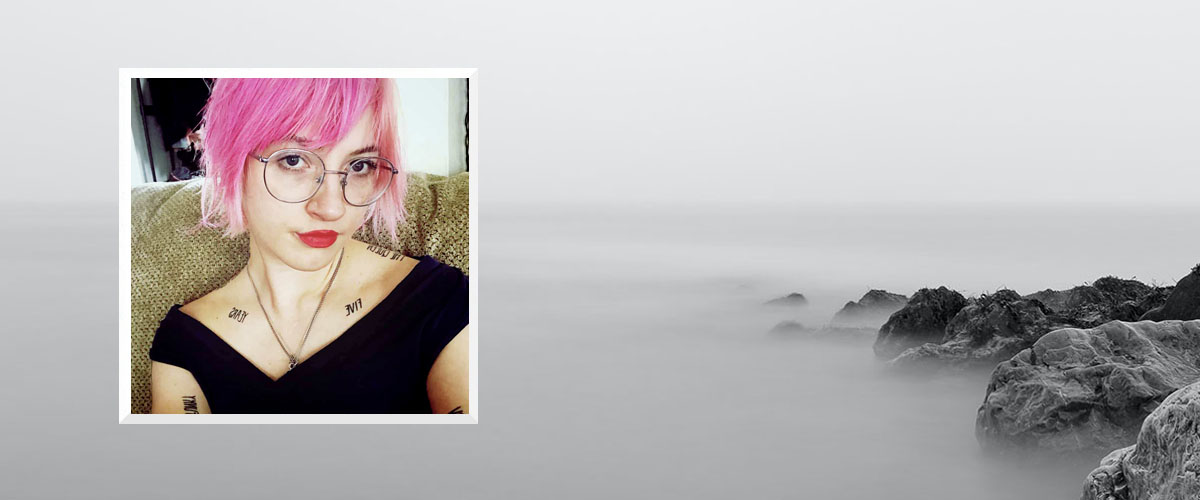
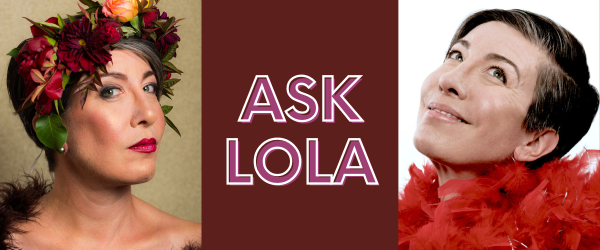
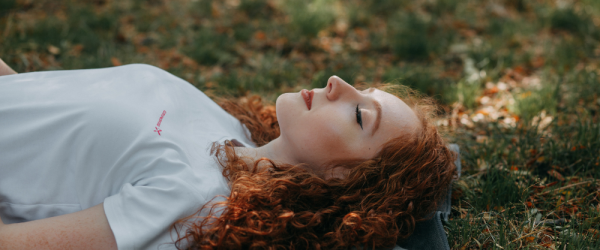
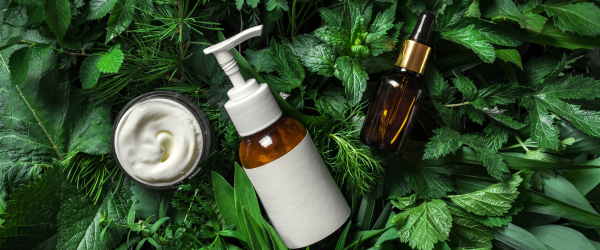

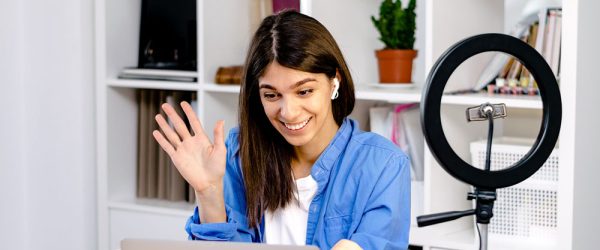




[…] wrote an article for YNotCam.com about grief, death, and COVID-19. Getting my thoughts “on the screen” helped me work […]